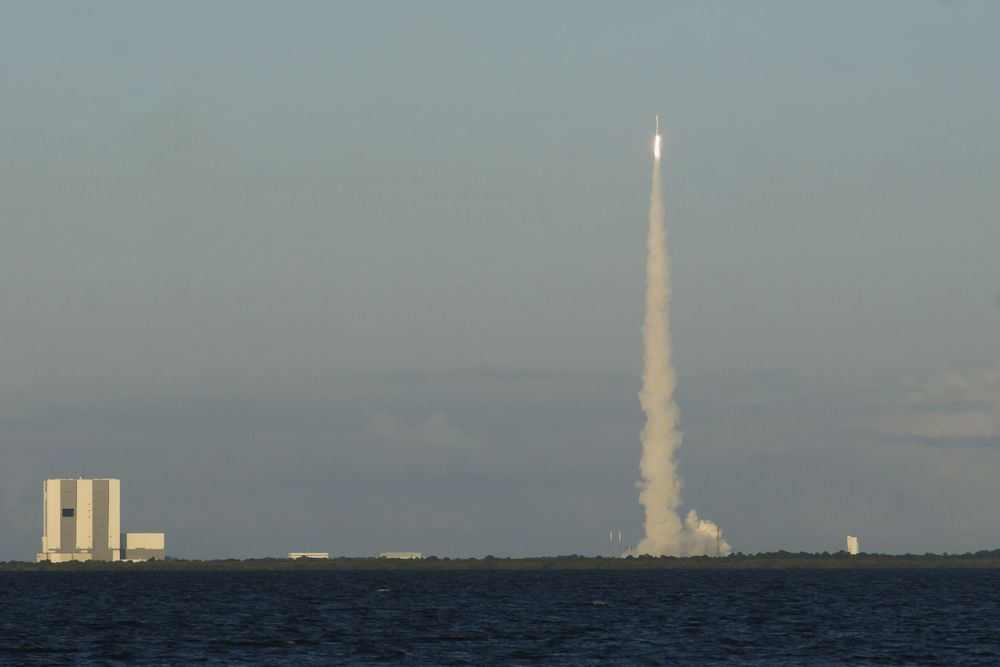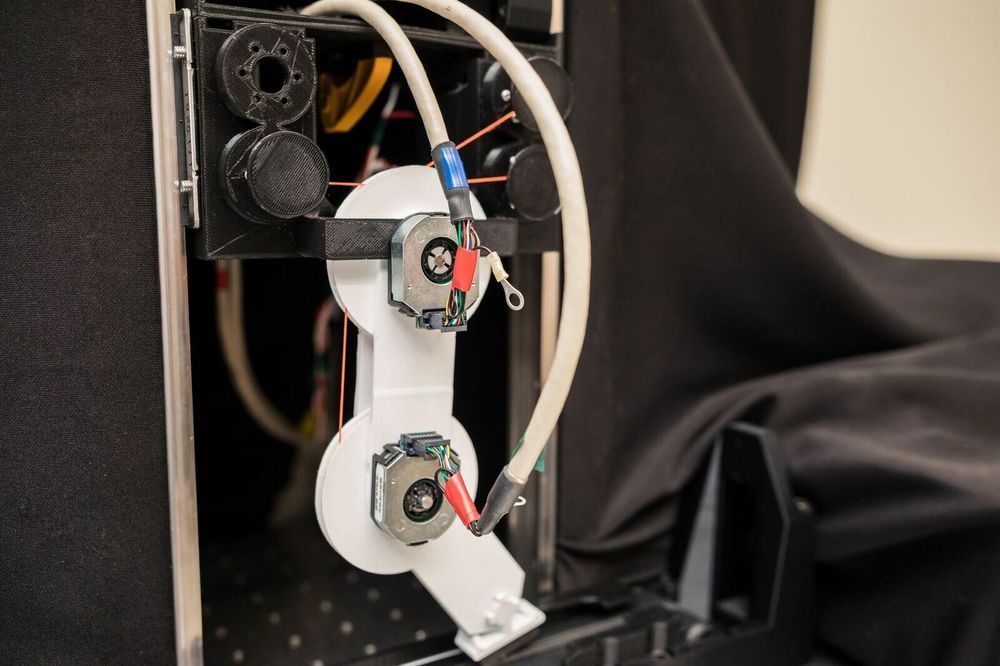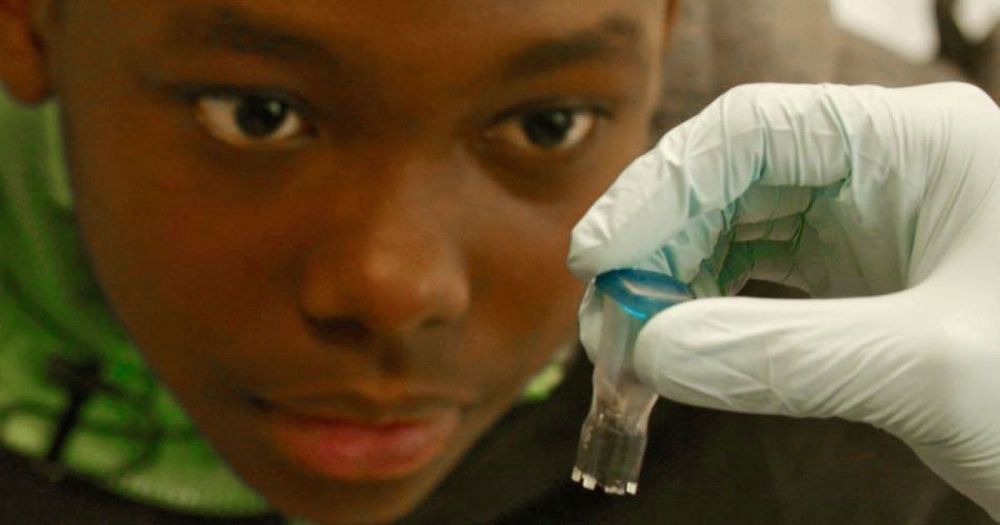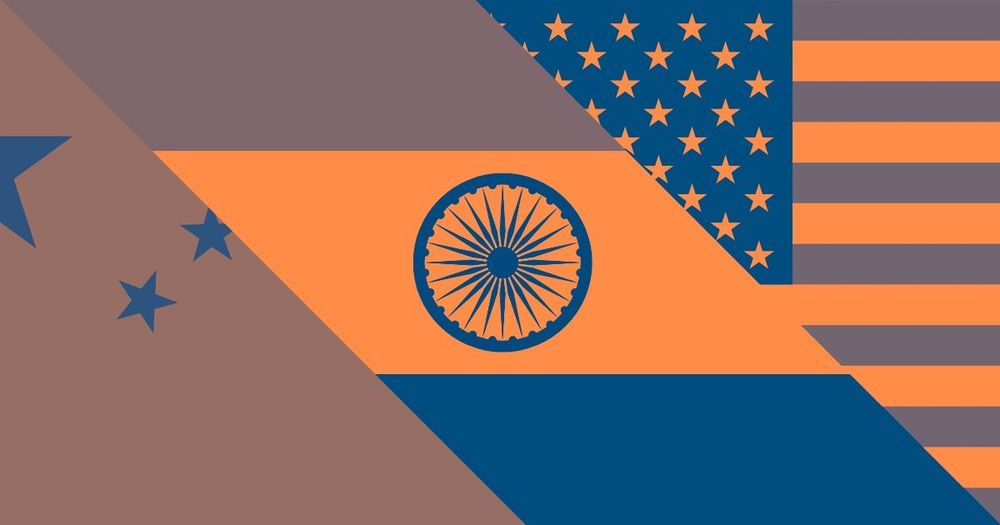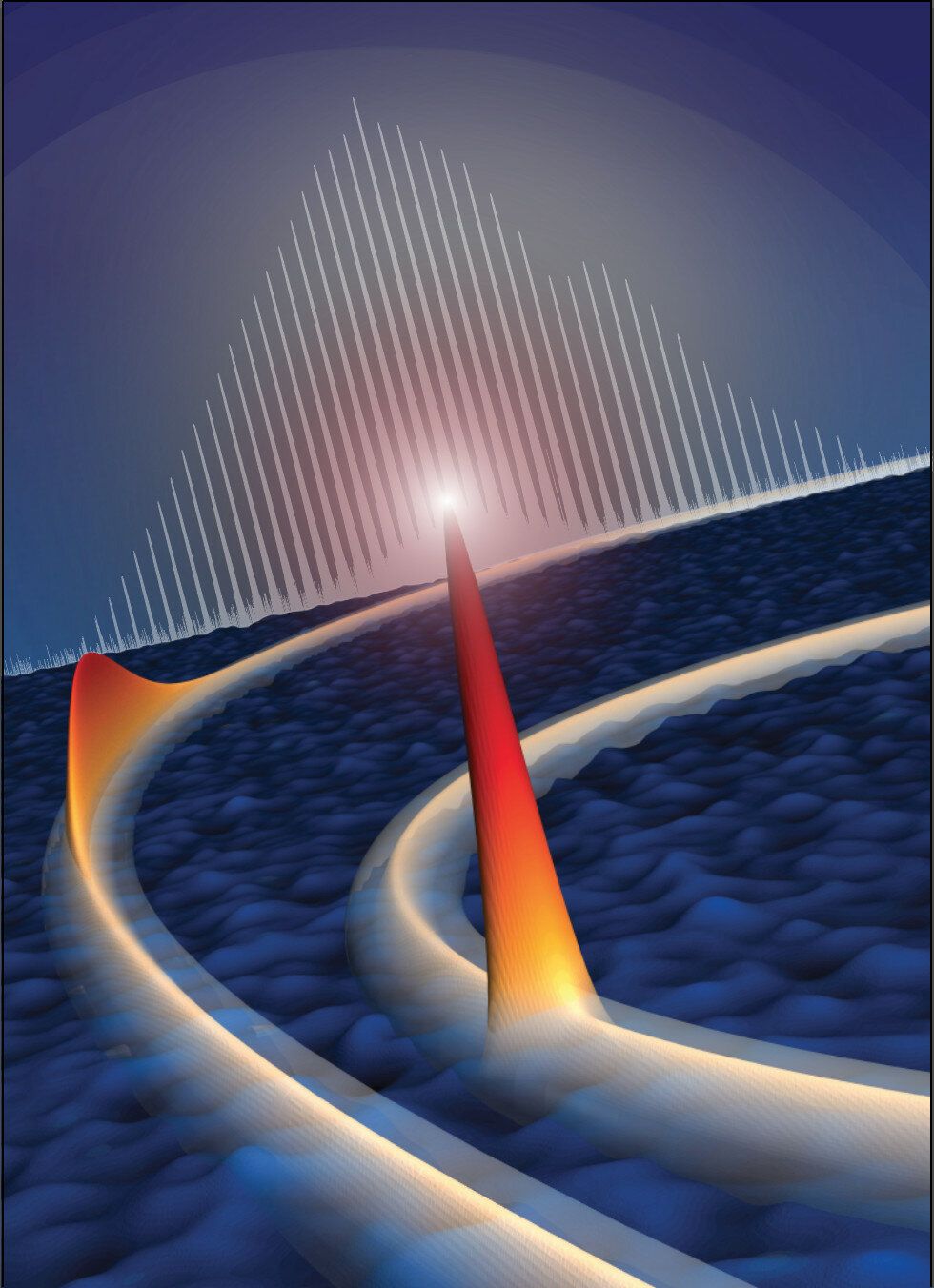Researchers at the University of Florence and Istituto dei Sistemi Complessi, in Italy, have recently proved that the invasiveness of quantum measurements might not always be detrimental. In a study published in Physical Review Letters, they showed that this invasive quality can actually be exploited, using quantum measurements to fuel a cooling engine.
Michele Campisi, one of the researchers involved in the study, has been studying quantum phenomena for several years. In his recent work, he investigated whether quantum phenomena can impact the thermodynamics of nanoscopic devices, such as those employed in quantum computers.
“Most colleagues in the field were looking at coherence and entanglement while only few were looking at another at genuine quantum phenomenon, i.e., the quantum measurement process,” Campisi told Phys.org. “Those studies suggested that you need to accompany measurements with feedback control, as in Maxwell’s demon, in order to exploit their potential. I started thinking about it, and eureka—since quantum measurements are very invasive, they are accompanied by energy exchanges, hence can be used to power engines without the need to do feedback control.”

